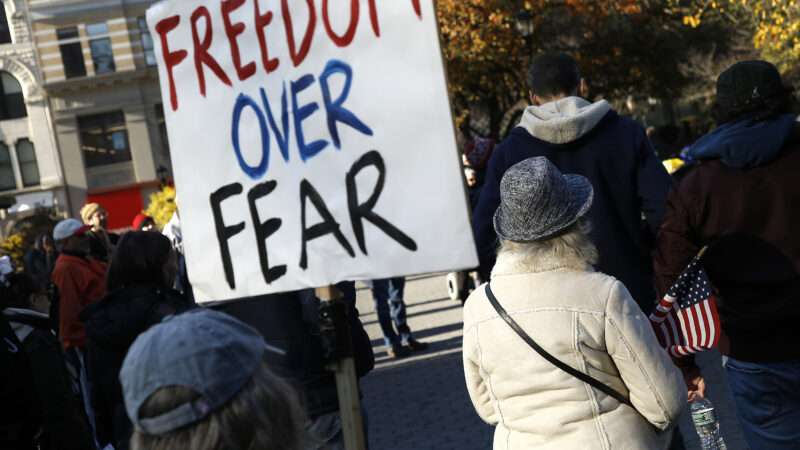This morning in the orders list from the Supreme Court a decision from the 9th Circuit was vacated and there was a remand for the court to apply AMG Capital Management. That is the Court’s decision from a week and a half ago about the equitable remedies available to the Federal Trade Commission. Miscellaneous thoughts:
- AMG Capital Management holds that the statutory authorization for the FTC to get an “injunction” is not an authorization to get equitable monetary relief, such as equitable restitution. That is the right decision. The Court had to sweep aside some uncautious language in a couple mid-twentieth-century cases. But the Court’s reading of the statute has to be right, because allowing “injunction” to mean “any equitable relief” would make a mishmash of the statute’s structure.
- This decision is focused more on statutory interpretation, and less on traditional equitable principles (cf. Liu v. SEC). But it doesn’t pull back from the other decisions, and the citation to Mertens v. Hewitt Associates suggests a kind of development and maturation of the Court’s jurisprudence on statutory references to equitable remedies.
- It’s a classic Breyer opinion with several different considerations being presented, without specifying how they relate to each other (cf. e.g. Comstock on the Necessary and Proper Clause). That approach has the advantage of candor, and it also might have prevented a splintering of concurring opinions (because other justices might relate those considerations to each other differently). But the result is a bit lumpy, not whisked smooth.
- Although the Court concludes that the statutory authorization of an injunction does not extend to “equitable monetary relief,” it does not mention civil compensatory contempt. Lower courts should read “equitable monetary relief” as referring to remedies like the equitable restitutionary ones (e.g., accounting for profits, constructive trust), not to civil compensatory contempt (which should be available after an injunction is violated).
- For readers who are interested in statutory interpretation and “the mischief rule,” there’s an interesting parenthetical on p. 10 of the slip opinion: “See FitzGerald 1 (arguing that, in the mid-1970s, “no one imagined that Section 13(b) of the [FTC] Act would become an important part of the Commission’s consumer protection program.”) In other words, because no one thought the “injunction” section of the statute was going to be the central enforcement mechanism, the Court should be wary about interpreting it in a way that makes it the central enforcement mechanism. That isn’t technically an application of the mischief rule, but it expresses a similar concern for context and for interpretive approaches that reduce legislative surprise. As I say in “The Mischief Rule”:
Although the optimal amount of surprise for the enacting legislature and the reasonable contemporaneous reader is not zero, it is probably not massive.41 And the mischief rule might keep the subsequent surprises smaller than they otherwise would be.
And the footnote in The Mischief Rule cites Caleb Nelson, who previously made a similar point:
Cf. Caleb Nelson, A Response to Professor Manning, 91 VA. L. REV. 451, 454 (2005) (“Other things being equal, then, interpretive methods that identify legal directives consistent with the ones legislators thought they were establishing should be preferred to interpretive methods that systematically produce legal directives contrary to the ones legislators thought they were establishing.”).
6. Finally, this case is yet another one in which Judge O’Scannlain calls for the Supreme Court’s attention–in AMG Capital, it was by writing both the panel opinion below and a separate opinion–and the Court takes the case and sides with Judge O’Scannlain.
from Latest – Reason.com https://ift.tt/3ecoJyk
via IFTTT

